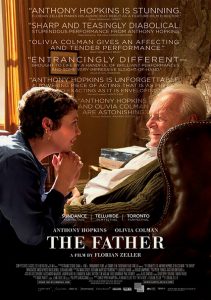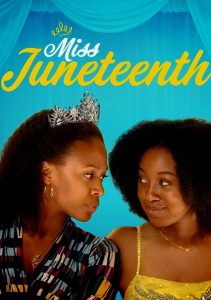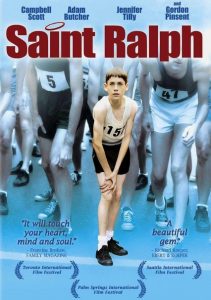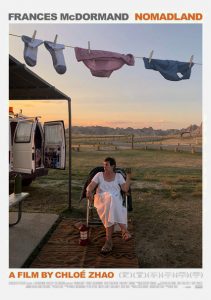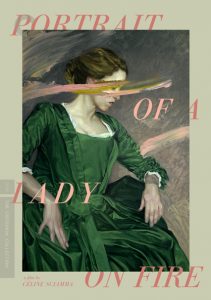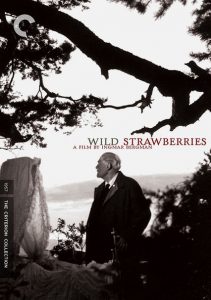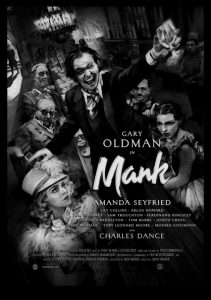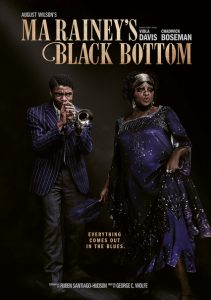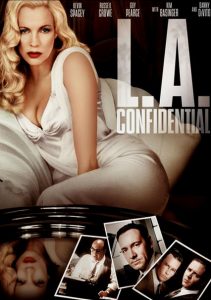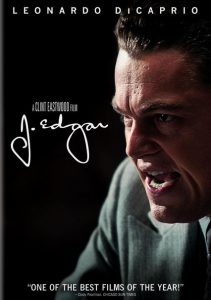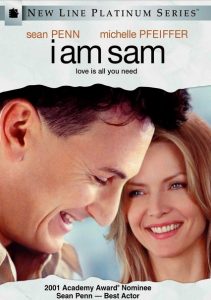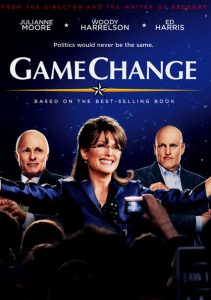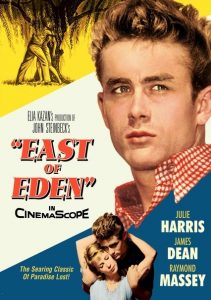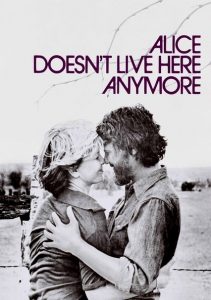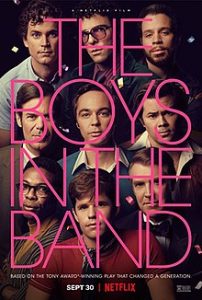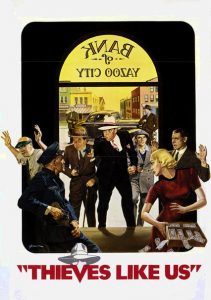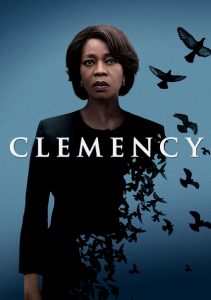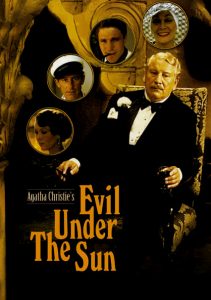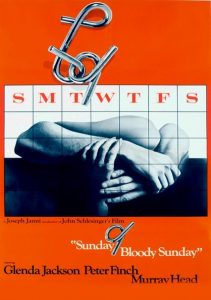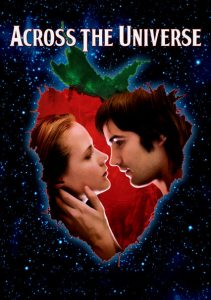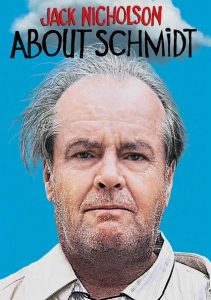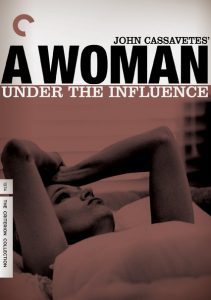The Father-2020
Director-Florian Zeller
Starring-Anthony Hopkins, Olivia Colman
Scott’s Review #1,123
Reviewed March 17, 2021
Grade: A
The Father is a heartbreaking 2020 drama film co-written and directed by Florian Zeller, based on his own 2012 play entitled Le Père. The piece is wonderfully written and superbly acted with incredible empathy for the characters involved.
Everyone should see this important film.
Anne (Olivia Colman) has always adored her intelligent and independent father, Anthony (Anthony Hopkins) who’s approaching the treacherous age of eighty. His mind is not what it used to be by any means and is starting to fail. Stubborn rejects every caregiver she brings in to assist with his daily living. Anne finds herself in anguish about how to solve this crisis while striving to live her own life.
Zeller spins a brilliant story from the very first scene because it’s told from Anthony’s perspective rather than solely from Anne’s. Traditionally in films centering around Alzheimer’s disease or dementia, the perspective is from the family member and how they cope and handle a life-altering and painful situation. 2014’s Still Alice starring Julianne Moore is an exception.
Immediately, the viewer is forced into the same world as Anthony and suffers as much confusion as he does. This is tremendously effective. When Anthony rummages about his kitchen in his London flat and hears a door close, he is startled. Who can it be? He wanders to the living room to discover a man sitting reading the newspaper who claims to be Anne’s husband. Anthony has never laid eyes on the man before. Neither has the viewer.
Immediately Anthony and the viewer are confused. Who is the man? Is he a burglar playing tricks on an elderly man or is Anthony forgetting?
From this point in the film, it remains unclear what events are happening and what Anthony is forgetting or misunderstanding. Sometimes the characters are unclear. Does Anthony think one person (Olivia Williams) is Anne but is she his nurse? Is his caretaker his other daughter Lucy? Is the man his daughter or Anne’s husband?
Confusion. Disorientation. Just like anyone with Alzheimer’s disease or dementia feels regularly.
Towards the finale, the most heartwrenching part of the film, Anthony weeps at his memory loss, yearning to be a child again and safe in his mother’s arms. We feel his despair and desperation and it’s gutwrenching to witness. Anyone who has had to care for an elder will understand. Anyone else should be empathetic.
We suffer alongside Anne too. Help is becoming a necessity for her; she can’t make daily visits anymore and Anthony’s grip on reality is unraveling. She wants to move to Paris where her new boyfriend lives.
In a chilling scene, we watch Anthony sleeping peacefully while Anne gazes lovingly at him. She tucks him in and then begins to strangle him. We hope this is only a fleeting fantasy, toying with the idea of saving him from further suffering and giving her freedom back.
As we experience the changing tides of his memory, how much of his own identity and past can Anthony cling to? How does Anne cope as she grieves the loss of her father, while he still lives and breathes before her?
Hopkins and Colman are dynamic. Hard to imagine Hopkins usurping his unforgettable role as Hannibal Lechter in The Silence of the Lambs (1991), he nearly does. His character is humorous, dignified, and lovable. He is also angry, feisty, and frustrated. Hopkins channels nearly every emotion.
Colman is teary but strong. A woman sacrificing her own life and happiness for the burden of caring for her father. She is loyal and wouldn’t think twice about having it any other way.
The story is a downer but one that must be witnessed. The Father (2020) warmly embraces real life, through loving reflection upon the simple human condition; heart-breaking and uncompromisingly poignant, the film tells a simple yet complex tale about life, death, and loss.
Oscar Nominations: Best Picture, Best Actor-Anthony Hopkins (won), Best Supporting Actress-Olivia Colman, Best Adapted Screenplay (won), Best Production Design, Best Film Editing
